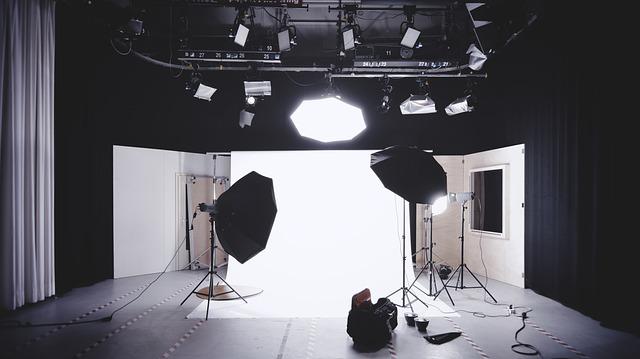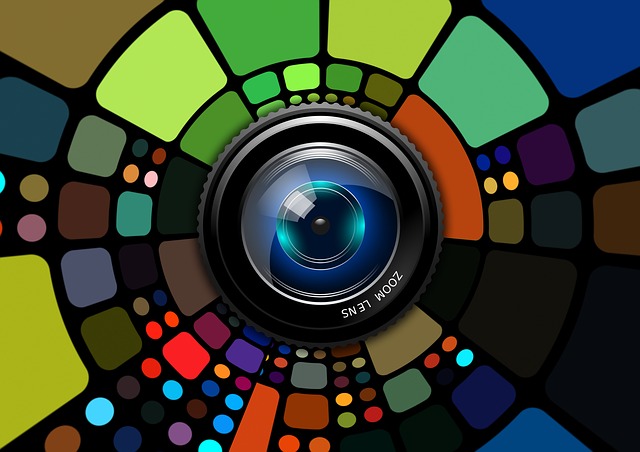Tech and Business Requirements to Start a Photography Business

The first requirement to starting any business is ensuring that you have the right skills to run it successfully. For a photography business, this obviously means having a decent camera and good editing skills. You also need to be good with people, especially if you’re planning to work in just about any sector of the photographic industry. You will be dealing directly with customers and often spend hours with them conceptualizing or working on a shoot.
Before you get started with your photography business, you need to do some planning to work out your niche. Do you want to specialize in portraits, fashion, events, or wildlife? Deciding on your niche will determine many of your other choices. You’ll also need to consider startup capital and your budget, amongst many other factors.
Let’s take a look at everything that goes into starting a photography business, even if it’s your first foray into the world of entrepreneurship.
The tech and equipment requirements to start a photography business

No photography business can run successfully without the basic essential tools in place. You don’t have to go out and buy top-of-the-range equipment before you get started, but you should have the following items:
A good camera
Yes, a great photographer can take amazing photos with a basic point-and-shoot. However, you will be seriously hamstrung in what you can achieve if you don’t have either a DSLR or a mirrorless camera that has interchangeable lens capabilities.
The right lenses
On the topic of lenses, it’s seriously important to get a range of lenses that are suitable for the photography you do. Landscape and wildlife photographers tend to focus on telephoto lenses and wide-angle lenses. If you do weddings and other events, you want lenses that are good for portraits and for low-light situations.
A tripod
Again, this doesn’t need to be fancy. It just needs to be durable, able to handle the weight of your camera with the heaviest lens on, and easy to move around if you work in events or go hiking into the wilderness to get the shot.
Basic lights
No matter what niche of photography you’re into, lights are likely to play a big part in what you do. A few studio lights or small, portable lights for on-the-go photography will allow you to take your business to so many more places.
A good computer and editing software
Shooting in a raw file format makes for very large photograph files, meaning you need a computer with plenty of processing power. You also need a decent graphics card and a monitor that is properly calibrated for true color. The next step is to get editing software that gives you complete control over your images.
Digital storage
The final item on the equipment list is your storage for all those photographs. You need high-quality SD cards for your camera and robust external hard drives that can move around with you.
Marketing Requirements to start a Photography Business
No business can operate without some form of marketing. You need to put together a professional brand for your business, with a company name, a logo and a cohesive brand identity. You also need:
A Website
A website is a great tool for marketing. People can find your business via search engines, and you can showcase your portfolio and the type of photographs you specialize in taking.
A social media presence

Social media is another critical online space for marketing and establishing your brand. The best platforms to be on are Instagram, Facebook and LinkedIn (especially if your niche is corporate portraits and marketing shoots).
A decent smartphone camera
Yes, you already have a great camera for your business and no, you are not likely to use a smartphone in a professional photography session. However, your smartphone can be used to capture behind-the-scenes pictures and videos. These shots can then be used on your social media profiles to help market your business.
Photo and video editing apps
There are plenty of free options that are perfect for on-the-go content creation. Remember, video is king in the world of social media, so try to focus more on that in your marketing.
Business requirements to start a photography business

This part is probably the least fun, especially if you’re a creative person who likes to focus on their art. However, it is essential to set up all your admin processes when you start your business so that you can run optimally and plan things accordingly.
A Consistent Pricing Structure
You know how long it takes to get your photographs, the work that goes into the shot itself and the planning beforehand. You also know how long it takes to edit those photographs. The key is to work out what your time is worth per hour. This will give you a good starting point for pricing your high-income skills.
A good photography business will have packages that cover a certain number of images, a certain time period for taking those images, and a turnaround time for the edits. Having this structure in place will make you more marketable because people know exactly what to expect.
Customer Contracts
The next step is to create contracts for your customers that outline exactly what the job is. This covers you legally and ensures that everyone involved knows exactly what to expect. Be precise in your contracts—how many meetings you’ll have before the photographs are taken, how long the shoot will take, what editing will be done, and what the costs involved are. You can create template contracts for a range of different situations and then adapt them as necessary for each individual job.
Insurance For Your Gear
The final step is insurance. Make sure that your gear is covered for the type of photography that you do and for the full value of each item. You may need slightly different insurance if you’re constantly going out to cover events compared to if most of your shooting takes place in your studio and the gear doesn’t leave the venue. Think about personal liability insurance, especially if you’re bringing people into your studio.
Are you Ready to Start a Photography Business
Knowing how to start a photography business is one thing. Putting it into action is another. These tips will ensure that you cover all your requirements and can start booking shoots without any concerns about whether or not you have everything you need.